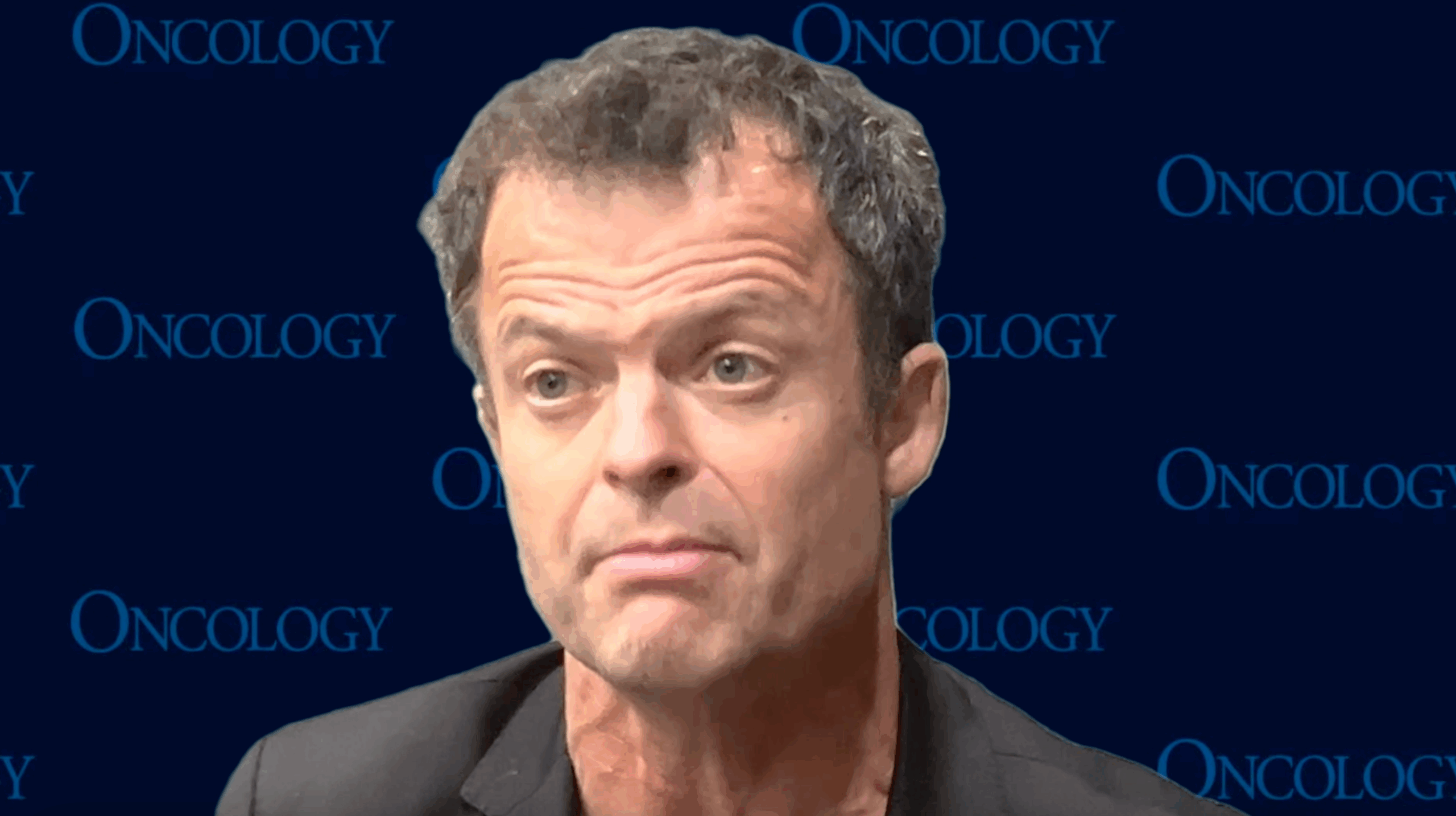Results from a quality-adjusted time without symptoms or toxicity (Q-TWiST) analysis from the phase 3 LITESPARK-005 trial (NCT04195750) found a clinically meaningful and statistically significant improvement in quality-adjusted survival time when belzutifan (Welireg) was compared with everolimus (Afinitor).
CancerNetwork spoke with Thomas Powles, MBBS, MCRP, MD, at the 2025 Kidney Cancer Research Summit (KCRS) regarding the motivation behind the Q-TWiST analysis performed during the LITESPARK-005 study.
The analysis was designed to assess toxicity and progression among patients receiving either belzutifan or everolimus. The relative gain in Q-TWiST with belzutifan, which is noted to be the difference divided by the mean overall survival for everolimus, was 11.32%.
Powles is a professor of genitourinary oncology, lead for Solid Tumor Research, and director of Barts Cancer Institute at St. Bartholomew’s Hospital, Queen Mary University of London.
Transcript:
LITESPARK-005 is a big, randomized phase 3 study. It tests belzutifan vs everolimus in patients who were heavily treated with clear cell renal cancer. Belzutifan is a HIF-2 alpha inhibitor. It’s well tolerated. It’s an agent that is associated with anemia, some hypoxia, and fatigue. Compared with VEGF TKIs in my clinical experience, it’s well tolerated in the randomized phase 3 [trial] and was compared with everolimus in patients who were heavily pretreated. [The trial] showed high response and better PFS. We didn’t show an overall survival advantage. We showed a distinct toxicity profile, and we also showed better overall quality of life.
In this Q-TWIST analysis we performed here, what we’re looking at is the time that the patients have without progression and without significant toxicity. That’s essentially what it is, because PFS just looks at progression and looks at the area of patients that are progression-free, which is great, but if all that time was spent with significant toxicity, that means less than if a patient has the same amount of time without progression, with no toxicity. We can construct Kaplan-Meier curves, and within those curves we can define specific areas: those areas without progression and toxicity, those areas without progression without toxicity, and those areas after progression. In the Q-TWiST analysis specifically, we look at that time, that period, that area without progression and without toxicity, and then we bring in the quality-of-life questionnaires to work out what, in terms of that area, what the quality of life is during that period. That’s the Q of Q-TWiST.
That’s a summary of how it works. Essentially, it’s not a surprise that belzutifan outperforms everolimus in this respect. Significantly, because the time to progression was longer, the area therefore was larger, but also the time without toxicity was longer, and that was clinically meaningful by previous parameters which had been set to perform Q-TWiST analysis.
Reference
Powles T, de Velasco G, Choueiri TK, et al. Quality-adjusted time without symptoms or toxicity (Q-TWiST) analysis of belzutifan versus everolimus in previously treated advanced renal cell carcinoma (RCC): LITESPARK-005 (LS-005). Presented at the 2025 Kidney Cancer Research Summit; July 17-18, 2025; Boston, MA. Abstract 13.
